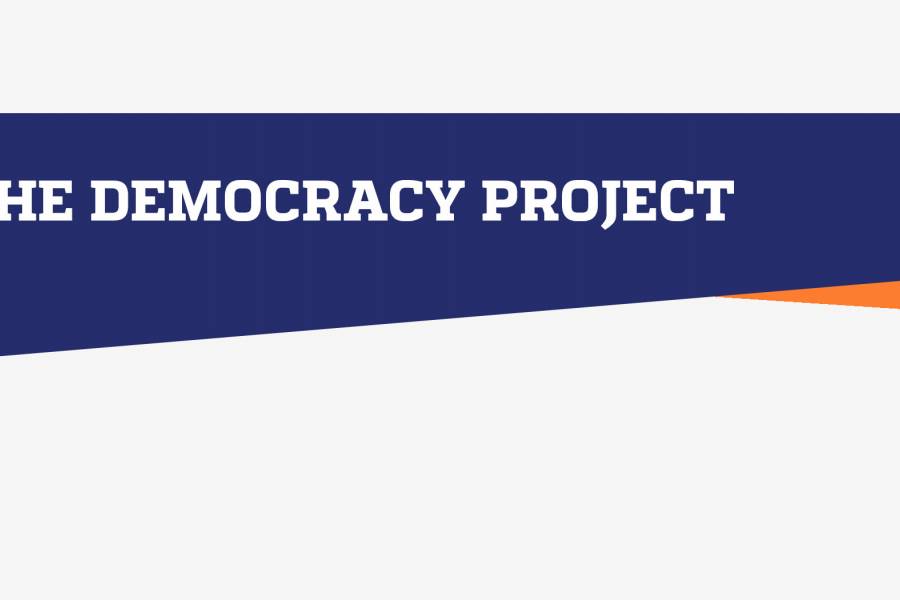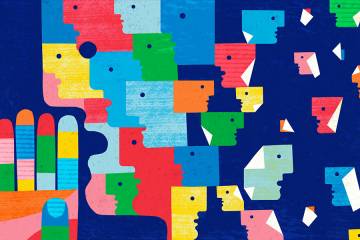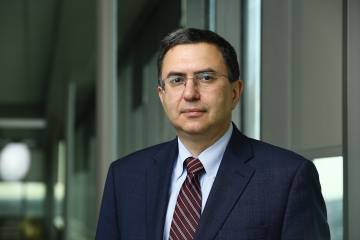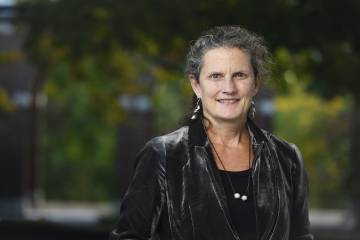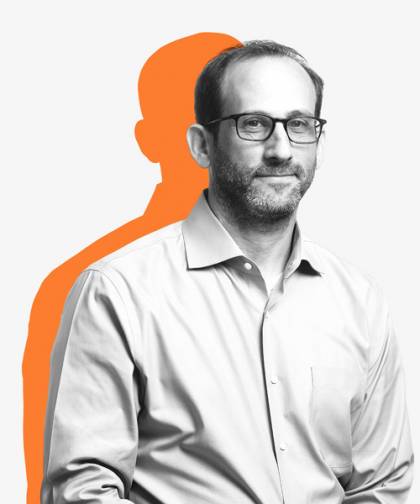
Image caption:Adam Sheingate is a professor of political science at Johns Hopkins University. He studies American politics and comparative public policy. His most recent book is Building a Business of Politics: The Rise of Political Consulting and the Transformation of American Democracy.
Image credit: Will Kirk / Johns Hopkins University
My greatest hope is that we will have a free and fair election. According to the Declaration on Criteria for Free and Fair Elections, adopted in 1994 by the Inter-Parliamentary Council, a free and fair election must meet the following standards:
- Every adult citizen must have the right to vote in elections.
- Every adult citizen must have access to an effective, impartial, and nondiscriminatory procedure for voter registration.
- No eligible citizen should be denied the right to vote or disqualified from registration, other than in accordance with objectively verifiable criteria prescribed by law.
- Every individual who is denied the right to vote, or to be registered, is entitled to an appeal, and errors must be corrected promptly and effectively.
- Every voter has the right to equal and effective access to a polling station.
- All voters are entitled to exercise their rights equally, and all votes accorded equivalent weight.
- Finally, the right to vote in secret is absolute and must not be restricted in any manner.
My greatest fear is that armed militias of white supremacists will harass, obstruct, or otherwise prevent citizens from exercising their right to vote. This election, we stand on the edge of a precipice. Organized violence on Election Day will not only disrupt voting, raising questions about the legitimacy of the outcome, but it could lead to a spiral of armed conflict. Two very worrying scenarios I can imagine are white separatist movements fighting federal authority in rural parts of the United States (if Biden wins) or paramilitary groups marauding in cities (if Trump wins). I do not believe these are likely, but the fact that I can contemplate them at all is a measure of our moment.
Harvard political scientist Daniel Ziblatt, in a deeply researched study of the history of European democracy, found that the key factor that explains both the consolidation of democratic political systems and their demise is the commitment of conservative political elites to core democratic principles and the ability—and willingness—of conservative political parties to confront radical right-wing forces. Similarly, the future of American democracy rests on the actions of the Republican Party to defend the integrity of the electoral process and condemn white supremacists.
About The Democracy Project
The future of democracy as a system of government is increasingly uncertain. With a rise of populist forces globally and many existing democracies in regression, liberty itself seems under assault. In the United States, a diminished or warped democracy could have far-reaching repercussions for voting rights, the rule of law, education, the application of science, immigration, citizenship, and long-held societal norms we take for granted.
As we near an election in which many of the defining principles of democracy seem to hang in the balance, an array of Johns Hopkins experts will share their greatest hopes, their deepest fears, and their informed insights on the state of America's democratic experiment. Read more from The Democracy Project
Posted in Voices+Opinion, Politics+Society
Tagged political science, adam sheingate, democracy




